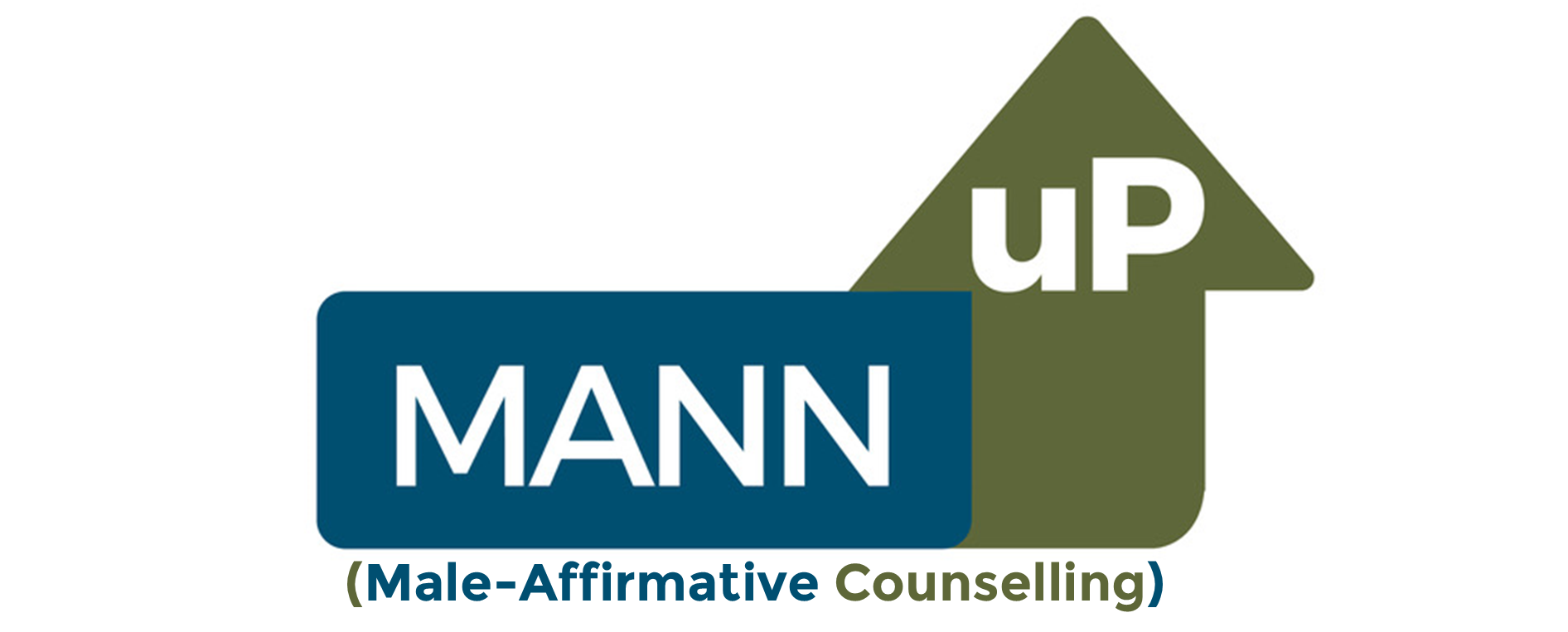 Unhelpful thinking habits will nearly always contribute to the development and maintenance of poor mental and emotional health states such as depression, poor self-esteem and anxiety.
Unhelpful thinking habits will nearly always contribute to the development and maintenance of poor mental and emotional health states such as depression, poor self-esteem and anxiety.
According to the Newsweek website, the average person has more than 6000 thoughts per day. If you are awake for 16 hours a day, that translates to an average of 375 thoughts per hour, or 6.25 thoughts per minute. Any wonder your mind can feel tired out sometimes.
At times you may be able to see an obvious connection between stuff going on in your life in the ‘now’, and what you are thinking about (e.g. you are feeling hungry so start to think about what you would like to be eat).
Or it may be that thoughts in terms of your memories have been activated by a ‘trigger’ in your current life (e.g. becoming a dad causes you to think about your own dad).
Sometimes though the thoughts in your head can seem to come out of nowhere and have no immediately obvious connection with what is going on in your current life, or there has ben no obvious trigger for a memory to resurface.
One thing is sure though, your thoughts can and often will stimulate an emotional and/or behavioural reaction within you.
If the thought is good, or the memory is nice, then it is likely those emotional and behavioural reactions will be positive and enjoyable.
However, if the thought is negative, or the memory is painful, the feelings that are stirred up are likely to be distressing, which can lead to unhelpful or impulsive behavioural reactions which are detrimental for you.
Nobody has the ability to totally control the thoughts that come into their mind, and there is no such thing as a ‘good’ or ‘bad’ thought. You can though strive to control the level of attention and merit you give to your thoughts, and by association, the mental and emotional impact is has on you.
WHAT IS AN UNHELPFUL THINKING HABIT
Thinking about something that activates distressing feelings within you in itself is not unhelpful if that thought process leads to some greater insight which brings peace and closure, or prompts some positive action that overall improves your quality of life.
However if the distressing thoughts that come into your mind occasionally, or on a regular basis, cause the following impacts they could be considered unhelpful for your psychological wellbeing:
- The thoughts you are having seem ‘stuck on a negative loop’, causing you to feel continually distressed.
- The thoughts you are having lead to you feeling demotivated and defeated.
- The thoughts you are having lead you to be angry and judgemental about yourself.
- The thoughts you are having drive you to engage in damaging behaviours to silence your mind.
- The thoughts you are having hold you back from doing what you want to do, or being who you want to be.
THREE LEVELS OF UNHELPFUL THINKING HABITS
You will have developed many habits in your life. Some you are aware of, some others may see in you, even if you do not see them yourself, and some that are so subtle that they often happen without you or others consciously noticing them.
Unhelpful thinking habits you may have developed can mirror this, there may be some you are aware of, some others see in you, or some that are so subtle that it will take some serious investigation to uncover them.
The three main examples of unhelpful thinking habits are:
- Negative Automatic Thoughts (NATs).
- Cognitive Distortions.
- Harmful Core Beliefs.
NEGATIVE AUTOMATIC THOUGHTS (NATs)
Most of us do not tend to think about what we are going to think. Automatic thoughts can be images, words, or other kinds of mental activity that regularly pop into your head in response to a particular trigger in your everyday life.
It may be that your mind has got into a habit of automatically generating negative thoughts in response to certain triggers.
For example, it might be that every time something prompts you to think about yourself, negative
thoughts like: “I am stupid”, “I am useless” or “I am ugly” automatically pop into your head.
For example, it might be every time something prompts you to think about relationships in your life, negative thoughts like: “Everybody leaves me”, “Nobody will ever love me” or “Everyone uses me” automatically pop into your head.
These kinds of negative automatic thoughts tend to be very generalised, and are often unfair to you and/or others, and not usually based on facts.
Continual repetition of these negative automatic thoughts can act like a form of self-brainwashing, reducing your esteem, confidence and motivation over time, and will in turn influence your emotional state and behaviours.
Start to listen to your own internal thought dialogue, that voice in your head, and see if you can spot a habit of negative thinking in there, and/or a pattern of certain types of triggers or themes that your negative automatic thoughts are centred around.
COGNITIVE DISTORTIONS
More subtle and sometimes harder to immediately spot that NATs. Cognitive distortions are a negative or irrational pattern of thinking that has developed within your mind over time, that can and will bias how your mind will interpret things.
It will be that interpretation, as opposed to the objective facts of the situation, that will then guide your emotional and behavioural reactions.
For example, you may practice without knowing it the cognitive distortion of catastrophising, with your mind always seeming to go to see only the worst possible conclusion/outcome in every situation.
For example, you may practice without knowing it the cognitive distortion of mental filtering, with your mind filtering out all that is positive about you and your life, and only focusing on the parts of you and your life that are not as you would like them to be.
The major drawback of cognitive distortions are that they will inhibit you from looking at any given situation objectively and fairly, and are likely to skew your interpretation of yourself, others and your life. Usually with a distressing, debilitating or demotivating outcome.
The PsychCentral website has a list of common cognitive distortions you may wish to check out to start to identify if any of them are subtly present in your thought processes.
HARMFUL CORE BELIEFS
Core beliefs are your most central and deeply held ideas about how yourself, others, and the world. Usually hard to pinpoint without some conscious exploratory effort to identify and understand.
These beliefs act like a lens through which your every situation and life experience will be seen and understood.
Even if your core belief is inaccurate, it still shapes how you will live and act. Harmful core beliefs lead to negative thoughts, feelings, and behaviours, whereas rational core beliefs lead to more balanced reactions.
To start to understand think about something you hold a belief about, and how that belief was shaped and formed.
For example, you may have a strong religious belief which has been shaped and formed by what others taught you, what you observed, and what others believed in. That belief will have taken a long time to form, and will be often central to your identity. A person’s strong religious belief can then in turn influence how they view, interact with and feel about things.
What others taught you, what you observed and what others believe will have also guided and shaped the formation of similarly deeply head beliefs inside you about how you see yourself, how you see others, and how you see the world around you.
If you possess a deeply held harmful core belief about yourself such as: “I am helpless”, “I am unlovable” or “I am worthless”, that will unconsciously shape and influence how you live your life.
The good thing about core beliefs is that you are not born with them, they are learned, and as a result can be unlearned too.
HOW TO RETRAIN YOUR THINKING
There are three positive and proactive steps you can take to retrain your thinking to be more constructive, empowering and supportive in your life.
Step 1: Recognise: Invest time and effort in the best person in the world to invest in, yourself. Start to observe without judgement or criticism any thinking habits you may have developed, and are practicing, which are unhelpful in terms of you being the best version of you, living your best life.
Can you spot a habit of negative automatic thoughts, and an inner dialogue that is negative about yourself? As you get to learn about cognitive distortions, do you see any biased thinking habits you may have picked up? What are the deeply held beliefs you hold inside about yourself, others and the world?
Step 2: Challenge: Just because you think something does not make it true. Start to gently challenge some of your thoughts and more deeply held beliefs by questioning them. Do this without self-criticism or judgement, and instead expand your understanding of your thoughts and beliefs by asking the questions about them. Why do you think that way? What influenced the development of that thought or belief? Is there objective evidence to support that thought or belief? Is that thought or belief positive and motivational, or negative and destructive?
Step 3: Break Old Habits and Form New Ones: There is an old saying: “If you cannot say anything nice, say nothing at all”. This most definitely applies when it comes to breaking the habit of negative thinking. If you catch yourself saying negative things about yourself, try your best to limit or stop those negative thoughts. When you become aware of your cognitive distortion habits, decide for yourself if you want to keep them or not. Most importantly, when you identify and reappraise your deeply held core beliefs, decide for yourself, in the here and now of your life, what you want to and are going to believe about yourself, others and the world going forward.
Finally, positive thinking habits need time, energy and repetition to form and stick. Why not develop a thinking exercise routine that sees you make a consistent effort to exercise your inner positive thinking ‘muscles’ by proactively bringing into your mind your successes, your talents and your potential.
HOW MANN UP CAN HELP
MANN uP’s personal programmes can support you to identify, understand and start to challenge any thought patterns and thinking habits within you that are unconsciously holding you back, or distressing you.
Participating in a programme can help you to not only become conscious of your thought processes, it will also give you means to challenge and reframe any unhelpful ones, whilst actively encouraging you to think about yourself, others and the world in a more empowering way.
